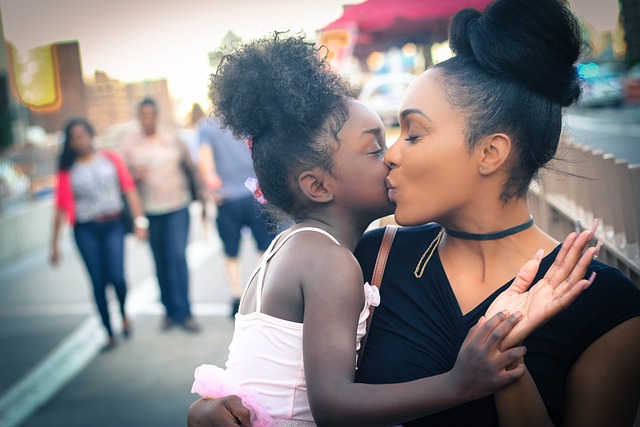Understanding someone’s love language as an adult helps us know how and when to provide encouragement, connections, and even just a simple hug. Well, love languages in adults are similar in need to those in children. Read on for a few tips from the experts on how to understand your child’s love language.

“Children grapple with specific developmental stages exploring themes of Trust vs. Mistrust, Autonomy vs. Shame and Doubt, Initiative vs. Guilt, Industry vs. Inferiority, and Identity vs. Confusion. Consequently, love languages received aid in their maturation and also serve as they relate to the world,” said Sydelcis Mendez, a licensed marriage and family therapist in Los Angeles, Calif, in an interview with Essence Magazine.
Mendez went on to say that as children develop, their needs mature, and so does their love language. Therefore, it is critical for parents to understand their children’s needs and how to meet them early on. Here are some ways to ensure that parents are delivering the love that your children need.

Acts of Service
When your child lights up when you help them with a task, bring them breakfast, etc. Then, their love language tends to lean towards “acts of service.” If they as you to help them, then go ahead and make sure that you sign-in for duty. If you aren’t sure what other “acts” would make them happy, ask. It shows that you are interested in what makes them feel good.
Quality Time
“Spending quality time with kids at every developmental stage can help create a secure attachment in them, however, the way that quality time is given may change over time,” Mendez said in her interview.
Quality time for each developmental stage will unquestionably look different. For the little ones, it may be engaging in play time or watching Paw Patrol. However, if you have a teenager, quite differently. Again, find out ways that best suit your child’s expectations of quality time and enjoy!
Physical Touch
A snuggle, hug, or simple kiss on the forehead may mean much more to your child than you know. Depending on their age, physical touch may manifest itself in different ways, lean-in to what cues they are giving you and follow suit.

Gifts
Requesting and getting excited about receiving gifts is a love language. The gift doesn’t have to be super big or expensive, but something as simple as a specially-cooked meal or flowers will do.
“If a child’s primary love language is receiving gifts, the parent(s) and/or guardian can set a budget on ways to reward their child or even giving small gestures as ‘just because’ gifts,” Marline Francois-Madden, a therapist in Caldwell, NJ, suggested. She continued saying, “Remember, a child feeling loved through gifts doesn’t mean you have to spend excessively.”
Words of Affirmation
Some kids just want to hear their parents say how special they are, so just tell them. You can physically tell them, leave them notes in their lunchboxes or put a note in their room when they are not there. If this is your child’s love language, you may notice years down the line that they still have and cherish what you wrote to them many years before.
If parents find it hard to love their child in their love language, there are resources and therapies that can help. One such resource is Gary Chapman’s book, The Five Love Languages Of Children.







